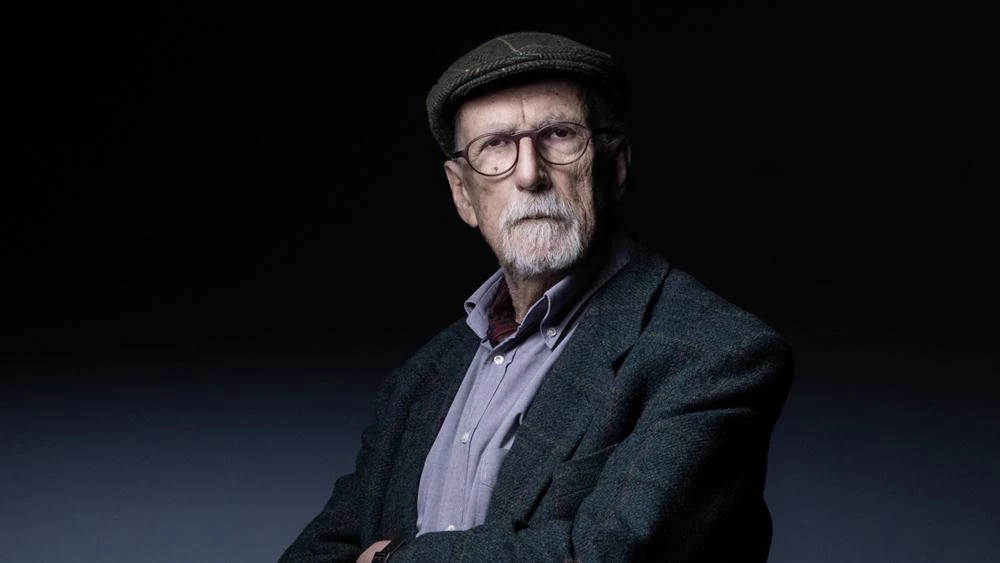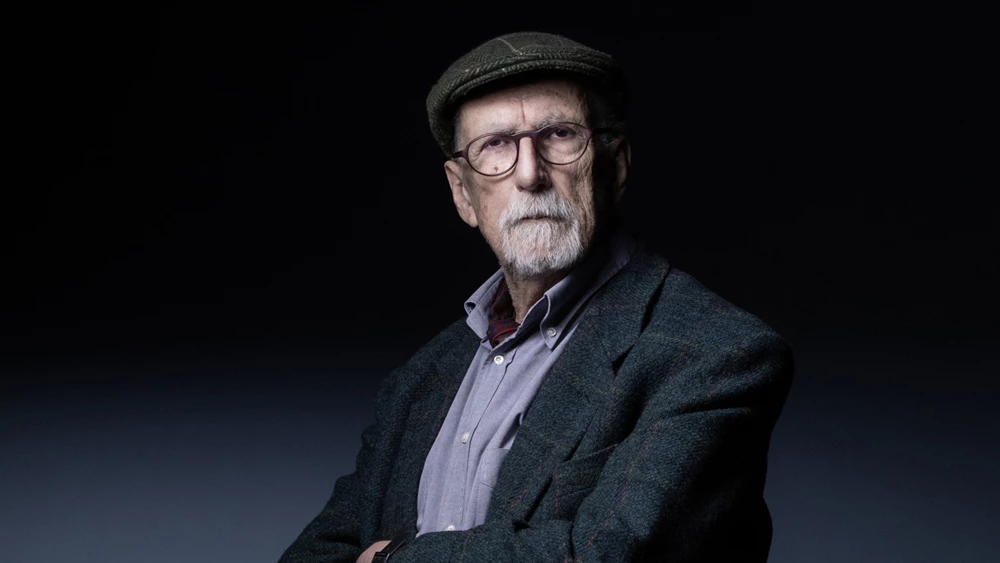
Bruno Latour. Foto: Joel Saget AFP
Bruno Latour was one of the last specimens of a once thriving species now on the brink of extinction: the intellectual. To be precise, he was a typical example of a no less prestigious and no less threatened subclass thereof: the French intellectual.
In fact Latour belonged – for a start –to the group of those for whom knowledge and the letters were less a specialized field of work breeding academic endogamies than a public activity whose purpose was to call into question the dogmas, the ideals, or simply the concepts that we all handle. And Latour belonged – to continue – to the list of French intellectuals – from Sartre to Revel through Camus, Malraux, and Aron – who successfully set the ‘spiritual’ tone of their time while also wielding their sharp critical scalpel against it.
Pursuing the classification further, it can be said that Latour – intellectual and French intellectual – belonged to yet another genre, one which was more slanted, more confused, and perhaps more dubious: that of the philosophers whom architects take to, and who managed to infiltrate into the congresses and magazines of the architectural discipline. In this Latour was not original, but a last or second-to-last link of an entire chain of French thinkers who wielded influence on architecture. A chain which had begun with Bachelard and Merleau-Ponty in the times of phenomenology and existentialism, continued with Foucault and Barthes in the years of structuralism and semiotics, and ended up connecting with Derrida and Deleuze when deconstruction and the now much trumpeted posthumanism became fashionable.
If Latour was not original in his role of French intellectual that architects took an interest in (for a while), he was in fact original in the themes he dealt with, and above all in the both distant and committed way with which he made us focus on one of our most pressing problems: the environmental crisis. Beyond the uncomfortable technicalities that Latour juggled, his perspective – equally removed from New Age romanticism and Trumpian denialism – rested on a pronouncement that could not be more controversial: “we have never been modern.” ‘Modern’ in the sense of having overcome the two great old Platonic dichotomies that continued to structure Western thought: object against subject, society against nature.
For Latour, the problem with dichotomies was not only that they were not seen for what in his view they really were: ideological hindrances. More importantly, they made us – including architects – incapable of giving serious thought to the new problems that contemporary societies had to address. Problems having to do, precisely, with things that are hard to associate with any of the two poles of classical dichotomies: a virus, the ozone hole, robots, greenhouse gases… Things which are neither pure artifice nor pure nature, but something in between. Those things which, with Tolkienian humor, Latour assigned to the ‘Middle Kingdom,” the realm of the hybrid.
Reflecting on the hybrid – the complex, the intolerably interconnected, the real – was the purpose that Latour pursued in the many books he published in the course of his long and polemic career, from his rather unreadable studies of methodology or scientific epistemology, or the We Have Never Been Modern (1991) that made him famous, to the clearer and more essay-like texts (over time, Latour came to be a good writer), such as Down to Earth (2018), where he analyzed the political implications of climate change, or After Lockdown: A Metamorphosis (2021), something like a version of Kafka’s Metamorphosis, where the insect, waking up after the Covid nightmare, is all of us.
With his peculiar jargon, Latour in these books urged us to distinguish less between subjects and object than between ‘humans’ and ‘non-humans’; to be aware of the ideological and even political dimension of all human disciplines (science and of course also architecture), and above all to ‘resituate,’ ‘reset,’ or ‘land’ on a close-at-hand plane the fragile and slightly flattened sphere on which we live. Latour’s are cryptic terms (our subject was after all a French philosopher of today); terms which, on the other hand, sociologists and professors of architecture have through reckless repetition managed to distort and banalize. Notwithstanding, this does not diminish the worth of Latour’s essential message, which becomes crystal clear when rid of technicist adornments: there is only one world below the atmosphere, the world that we live in and to which we are deeply, inexorably bound. Hence our responsibility, our duty, to take good care of it.
El Mundo: Muere el filósofo Bruno Latour, referente del pensamiento ecologista



